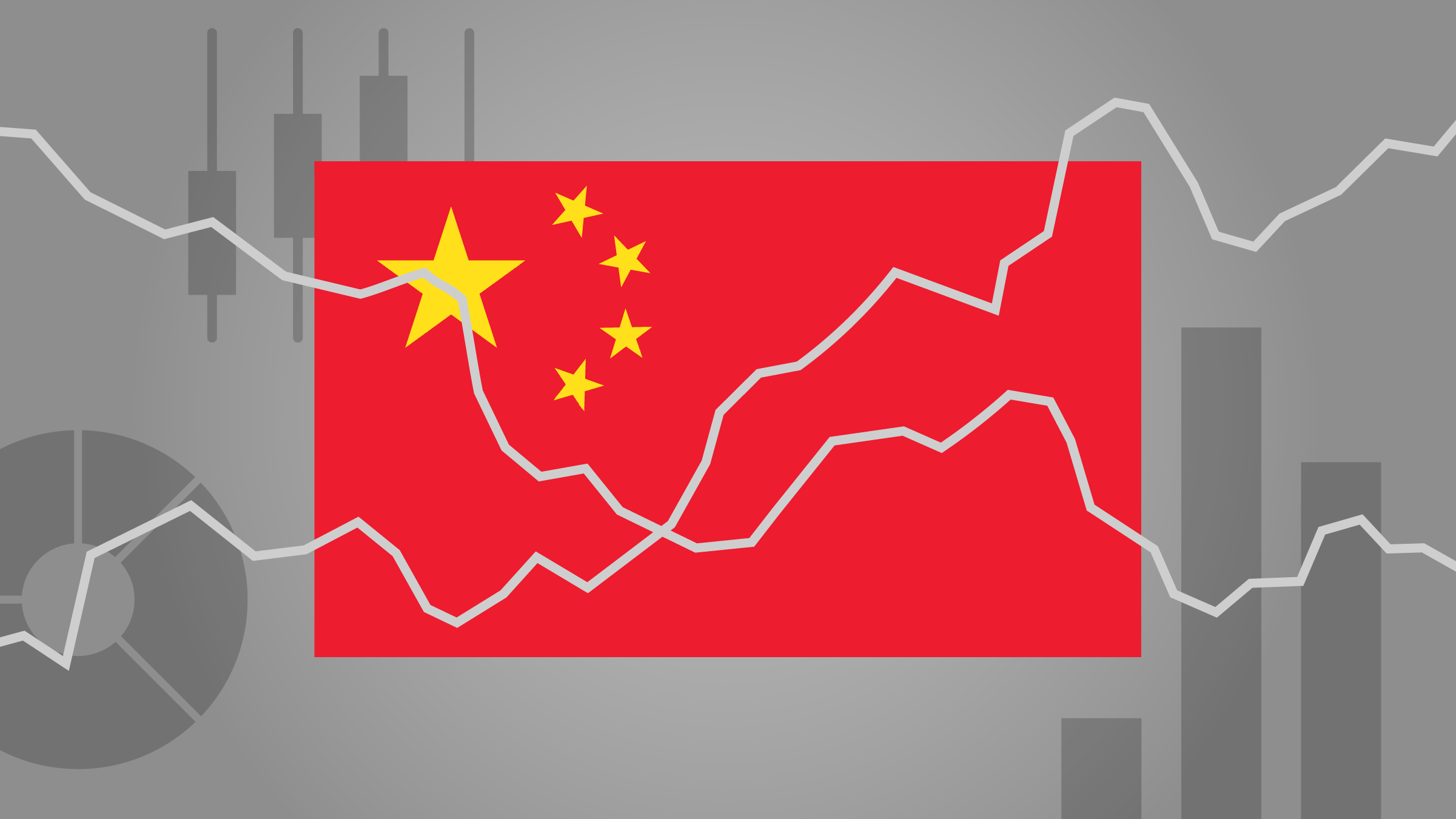Investeringsnalyse, Brian Colello, 24/07/2015
We believe Apple's strength lies in its experience and expertise in integrating hardware, software, services, and third-party applications into differentiated devices that allow Apple to capture a premium on hardware sales. Although Apple has a sterling brand, strong product pipeline, and ample opportunity to gain share in its various end markets, short product life cycles and intense competition will prevent the firm from resting on its laurels, or carving out a wide economic moat, in our opinion.
We believe Apple has developed a narrow economic moat, thanks to switching costs related to many attributes around the iOS pltform that may make current iOS users more reluctant to stray outside the Apple ecosystem for future purchases. In our view, much of Apple's exponential growth in recent years has stemmed not from the firm's economic moat, but from the achievement of building the first truly revolutionary smartphone, the iPhone, that integrated hardware and software, as well as a robust apps store and ecosystem that attracted new users to platform. Apple's first-mover advantage may be diminishing, and "easy growth" coming from early smartphone adopters may be winding down as the smartphone market moves up the adoption curve and competition ramps up. Yet we still foresee iPhone growth, coming from both attracting new customers to iOS (mostly in emerging markets, although we still see U.S. growth as well) and retaining Apple's existing premium iPhone customers, where we think the company's moat will play an increasingly important role.
Ultimately, we think future smartphone competition will stem from software and services, as we’re seeing less and less meaningful hardware differentiation (screen size and quality, etc.). We view Apple as well positioned to develop and expand enough services to enhance the user experience, in order to build switching costs that will help the firm retain customers and generate significant repeat purchases will be critical for future iPhone growth in the years ahead.
Bulls say
- Between first-time smartphone buyers, people switching away from Android, and repeat sales to current customers, Apple’s iPhone business still has plenty of room for growth.
- Apple's iPhone and iOS operating system have consistently been rated at the head of the pack in terms of customer loyalty, engagement and security, which bodes well for long-term customer retention.
- For each iOS device purchased, customers may be less likely to switch to another provider and more likely to buy repeat Apple products, which we view as a good sign for long-term hardware and services revenue.
Bears say
- Apple’s recent decisions to maintain a premium pricing strategy may help fend off gross margin compression but could limit unit sales growth as devices may be unaffordable for many emerging market customers.
- Apple has a host of large tech rivals, many of which are willing to sell devices at bare-bones prices in order to earn income elsewhere.
- Apple’s less-than-stellar launches of Apple Maps and iOS 8.0.1 were near-misses that frustrated many users for short periods of time, but any other buggy software launches could diminish Apple’s reputation for building products that “just work.”
©2015 Morningstar. All rights reserved. The information, data, analyses, and opinions contained herein (1) are proprietary to Morningstar, Inc. and its affiliates (collectively, “Morningstar”), (2) may not be copied or redistributed, (3) do not constitute investment advice offered by Morningstar (4) are provided solely for informational purposes and therefore are not an offer to buy or sell a security, and (5) are not warranted to be accurate, complete, or timely. Certain information may be self-reported by the investment vehicle and not subject to independent verification. Morningstar shall not be responsible for any trading decisions, damages, or other losses resulting from, or related to, this information, data, analyses or opinions or their use. Past performance is no guarantee of future results.
















